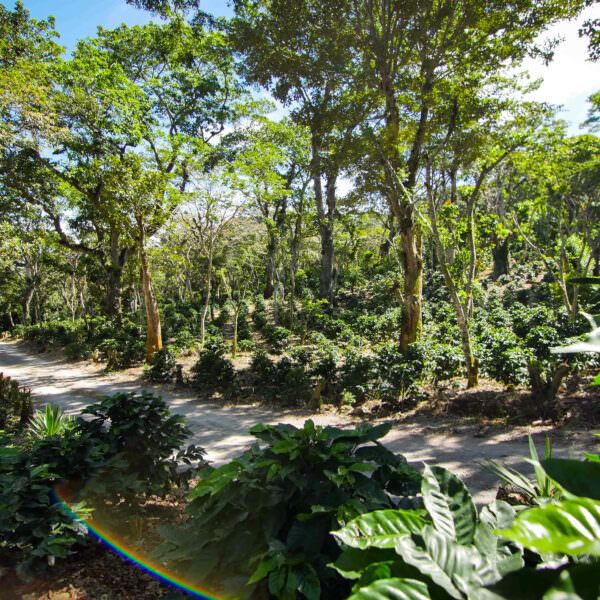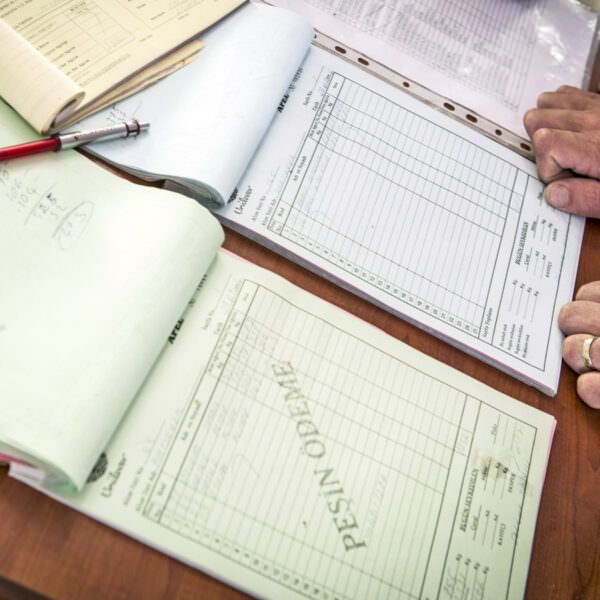FAQ: 2020 Farm Requirements
A detailed FAQ about the Rainforest Alliance 2020 Sustainable Agriculture Standard Farm Requirements.
Home / Resources for Partners / Certification Bodies & Auditors
The Rainforest Alliance is opening a new authorization process for Certification Bodies (CBs) in Japan. Certification bodies that are approved during this process will be authorized to conduct Rainforest Alliance Certification audits in their respective countries and will be able to request scope extensions for additional countries in the future.
Certification bodies must meet the following conditions to apply for authorization:
CBs interested in applying for authorization in Japan must express their interest to cbmanagement@ra.org no later than September 30th, 2023.
Interested CBs will receive further information about how the authorization process works and how to apply.
The Farm Requirements of our new Sustainable Agriculture Standard are designed to help farmers protect the landscapes where they live and work, while offering an enhanced framework to improve their livelihoods and advance the human rights of rural people.
The Sustainable Agriculture Standard’s Supply Chain Requirements aim to foster transparency and responsible business practices among companies from farm to shelf.
The audit and certification services rendered under the Assurance System maintain and ensure a general sense of purpose as well as a commitment to high quality.
The Assurance System of the 2020 Certification Program introduces numerous innovations to ensure that certification is more context-specific, data-driven, and risk-based.

A detailed FAQ about the Rainforest Alliance 2020 Sustainable Agriculture Standard Farm Requirements.

Detailed information about the assurance system used in the Rainforest Alliance's 2020 Sustainable Agriculture Standard.

This step-by-step guide helps farms, businesses, and others to implement child labor due diligence, including risk assessments, mitigation actions, remediation, monitoring, engaging with children safely, and context about child labor legislation. The guide contains five modules, three annexes and a workbook of exercises; we advise you to start with the introduction to find which modules […]

This module discusses the definition of child labor in international and national law, the different types of child labor, and its root causes.

This module provides practical guidance on how to prepare for effective remediation and how to respond to and remediate cases of child labor when they arise.

This module provides practical guidance on how to set up child labor monitoring systems in communities and how to monitor the effectiveness of your assess-and-address system.

This module provides a step-by-step overview of the actions you can take to mitigate specific child labor risks. Actions discussed include awareness raising, training, child labor monitoring & remediation systems, income improvement, education, youth employment, and skills. Examples and partnership opportunities are provided.

This module provides a practical overview of Rainforest Alliance’s approach to tackle child labor through our 2020 Sustainable Agriculture Standard’s assess-and-address system. This system includes five due diligence steps: Commit; Assess risks; Mitigate risks; Remediate actual cases of child labor and Monitor.